SGGP
The Secretariat has just issued Directive No. 25-CT/TW dated October 25, 2023 on continuing to consolidate, improve and enhance the quality of grassroots health care activities in the new situation. Talking to SGGP reporters, Associate Professor, Dr. Tang Chi Thuong, Director of the Ho Chi Minh City Department of Health, emphasized that Ho Chi Minh City has been devoting many resources to consolidate and improve the quality of the grassroots health system, this is the key goal of the city's health sector to better care for people's health.
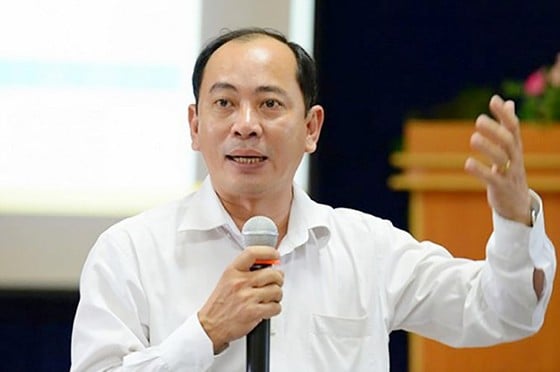 |
Dr. Tang Chi Thuong, Director of Ho Chi Minh City Department of Health |
Not attracting many doctors
REPORTER : Sir, how has the Ho Chi Minh City health sector implemented the improvement of grassroots medical capacity in recent times?
Assoc. Prof. Dr. TANG CHI THUONG : The Ho Chi Minh City health sector has received close coordination from the leaders of the People's Committees of districts and Thu Duc City to simultaneously deploy solutions to help promote the effectiveness of policies to supplement human resources for health stations. The city's general hospitals, medical centers, and health stations have coordinated smoothly under the guidance and supervision of the Department of Health, successfully implementing the clinical practice program at the general hospital associated with the health station.
Since the implementation of Resolution 01/2022/NQ-HDND of the Ho Chi Minh City People's Council on specific policies to strengthen and enhance the capacity of ward, commune and town health stations in the new period, the number of human resources attracted and strengthened for health stations by the end of August 2023 was 1,123 people with a total expenditure from April 2022 to August 2023 of nearly 66.5 billion VND.
In addition, the city's health sector continues to prioritize irregular budget expenditures for renovating and upgrading the infrastructure of qualified health stations to convert operations to family medicine principles, and city hospitals continue to support health station doctors through remote connection and consultation activities.
The recent monitoring by the Standing Committee of the Ho Chi Minh City People's Council shows that many medical centers and medical stations have not yet attracted many doctors to work. What is your assessment of this situation?
The current situation is that the income of doctors and medical staff at the grassroots level is still low, unable to compete with private units and public hospitals, so attracting elderly workers with medical expertise is still facing many difficulties.
In addition, not all newly graduated doctors want to participate in the pilot practice program at general hospitals attached to health stations. The first course had 295 doctors participating, but 25 doctors asked not to continue participating in the program for many reasons. In October 2022, the Department of Health continued to coordinate with Pham Ngoc Thach University of Medicine and Ho Chi Minh City University of Medicine and Pharmacy to discuss and introduce new doctors graduating in 2022 to register to participate in the practice program. However, the rate of graduating doctors participating in the program is still low (132 doctors participating/1,200 graduated doctors). In addition, the grassroots health sector, especially medical centers and health stations, has not yet attracted doctors to choose to work after completing the practice program.
In the “Job Fair” for doctors who completed their internship program at a hospital attached to a health station organized by the Department of Health, only 21 out of 207 doctors chose to work at the district health center, Thu Duc City (accounting for 10%). The reason is that the physical facilities and medical examination and treatment techniques at the grassroots health level are not high, and the policies and opportunities for career advancement at the grassroots health level are not clear. Looking for a suitable new model.
So, in your opinion, what human resources are suitable for primary health care, especially health stations in wards, communes and towns?
In Ho Chi Minh City, nearly 2 years of piloting practical guidelines at hospitals combined with practice at health stations have shown that doctors have had practical experiences in primary medical examination and treatment at health stations. Access to a completely different working environment from the hospital environment helps them better understand and sympathize with people's wishes, thereby gaining deeper, more comprehensive awareness and especially gaining more experience in the care and management of non-communicable diseases in the community.
In countries with well-developed primary care systems, the answer is clear: general practitioners are the main source of primary care. Many countries, such as the UK, Australia, Canada and others, train general practitioners immediately after graduating from university medical schools, usually within 12 months.
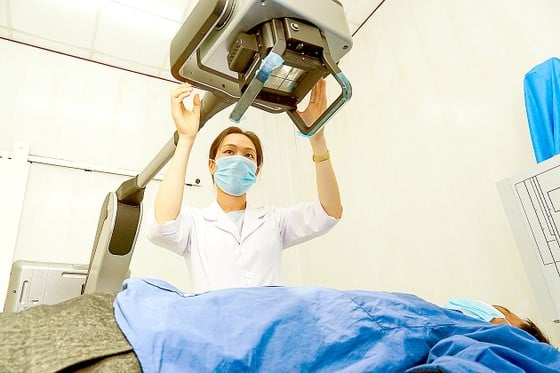 |
Dr. Hoang Thi Phuong operates on an X-ray machine integrated with artificial intelligence at the Thanh An Island Commune Health Station, Can Gio District, Ho Chi Minh City. |
Is a “general practice physician” the same as a “family physician”?
General practitioners and family physicians are two different terms, but they have many similarities. Both are general practitioners who specialize in primary health care and can diagnose and treat common illnesses, prescribe medications, and refer patients to specialists when necessary. Both can work in clinics, hospitals, or community health care facilities.
The difference is that the training time for general practitioners is usually 6 years (4 years of general medical school and 2 years of internship), while family physicians are usually trained for 8 years (4 years of general medical school, 3 years of residency and 1 year of internship).
In addition to continuing to supplement and improve policies to help ensure that grassroots health care plays a leading role in disease prevention, medical examination and treatment and people's health care according to Directive No. 25-CT/TW dated October 25, 2023 of the Secretariat on continuing to consolidate, improve and enhance the quality of grassroots health care activities in the new situation, it is hoped that the Ministry of Health will consider and soon issue guidelines for initial medical examination and treatment at hospitals associated with practice at grassroots health care for newly graduated doctors to be granted a certificate of practice as a general practitioner, equivalent to family doctors in other countries. With this new regulation, it will create a new breath of life and supplement quality human resources for grassroots health care.
Source



![[Photo] Looking back at the impressive moments of the Vietnamese rescue team in Myanmar](https://vstatic.vietnam.vn/vietnam/resource/IMAGE/2025/4/11/5623ca902a934e19b604c718265249d0)


![[Photo] "Beauties" participate in the parade rehearsal at Bien Hoa airport](https://vstatic.vietnam.vn/vietnam/resource/IMAGE/2025/4/11/155502af3384431e918de0e2e585d13a)

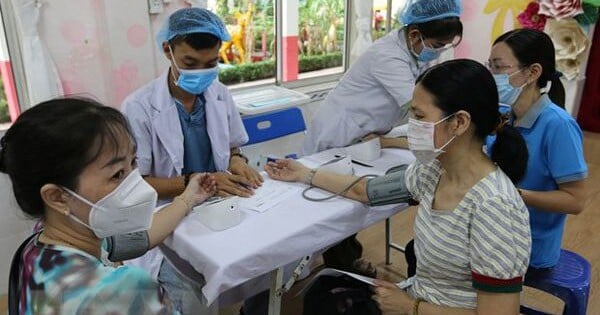

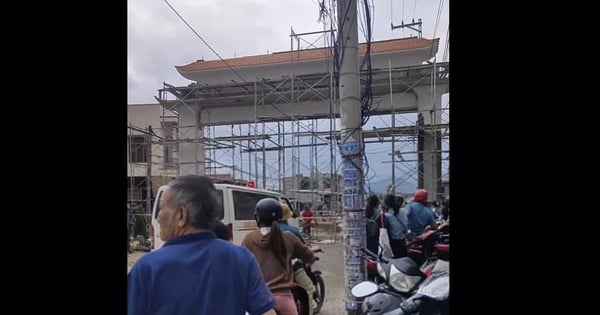



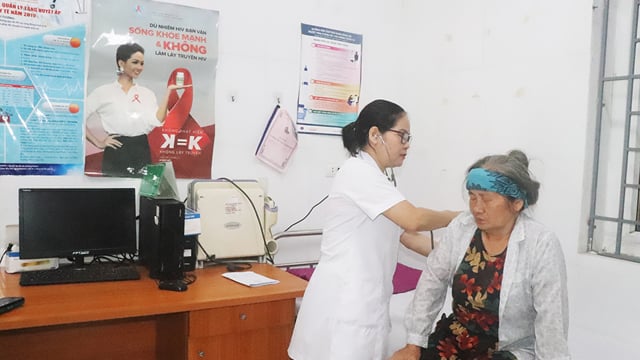

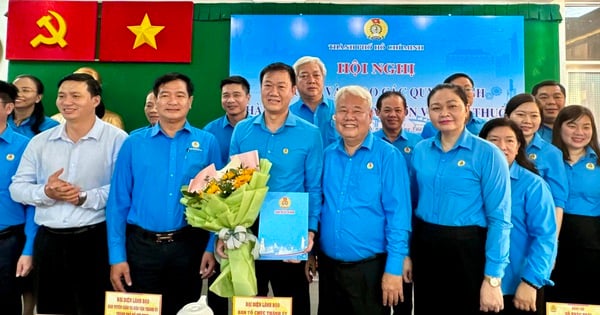
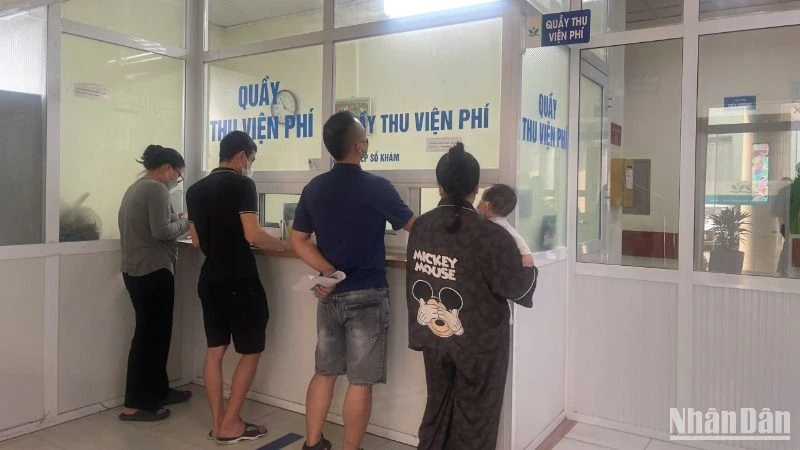
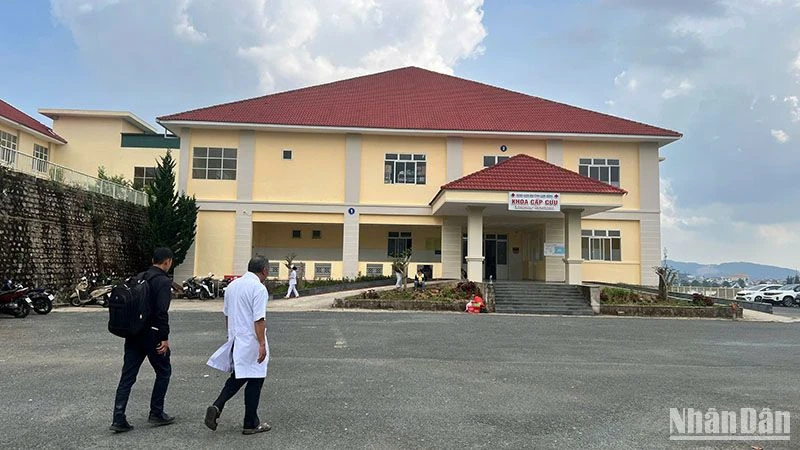
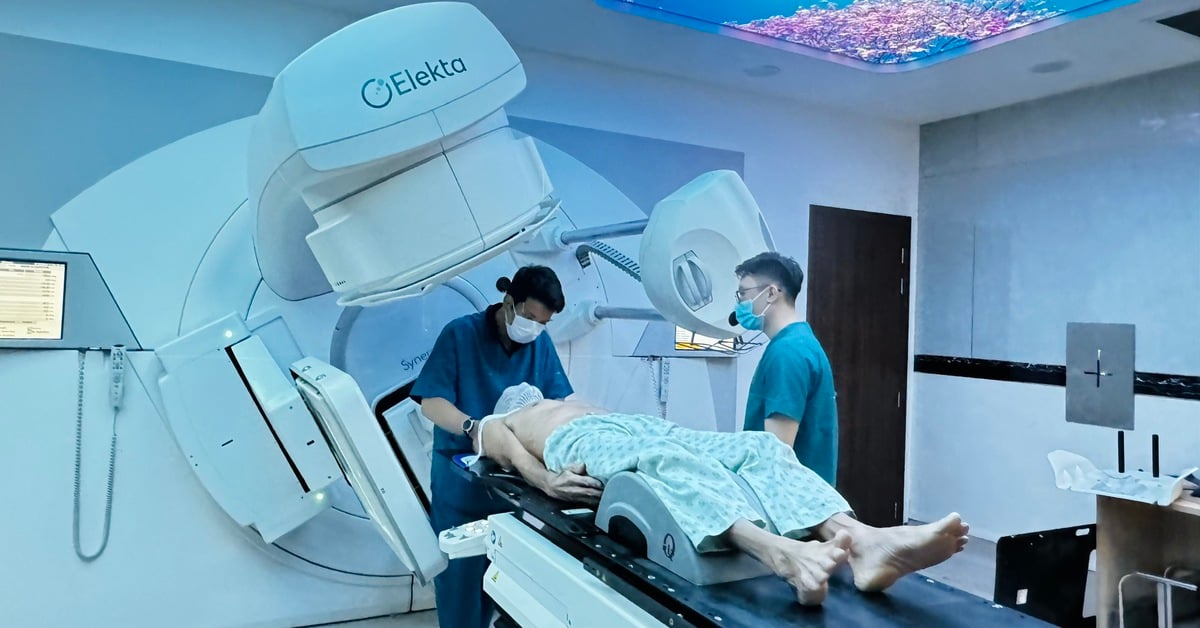

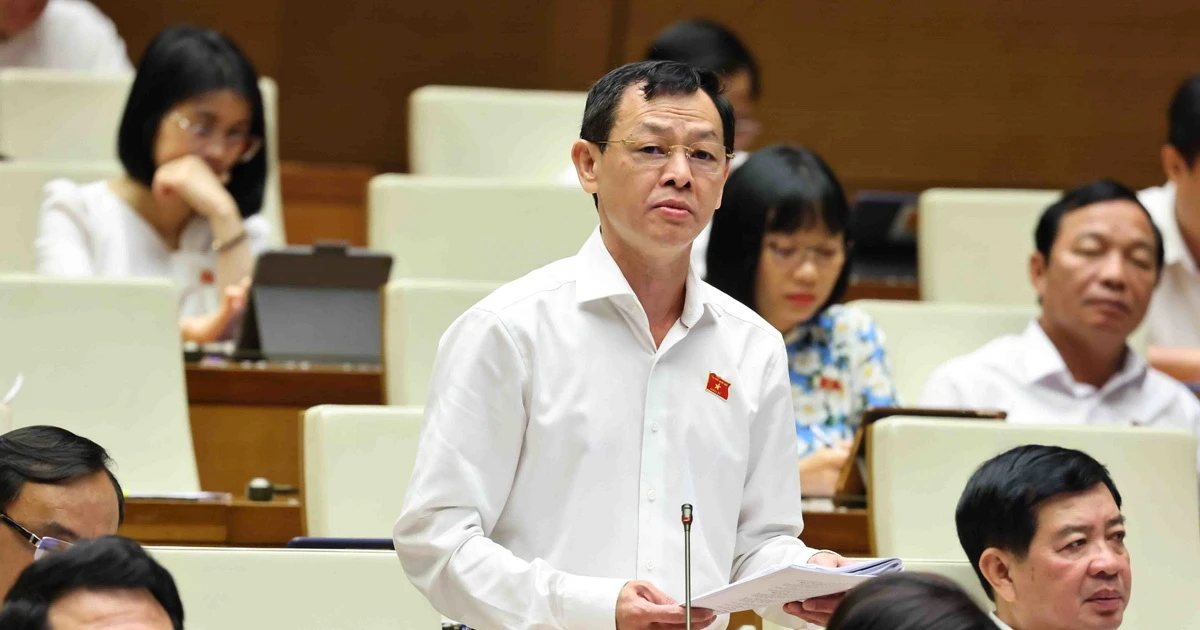
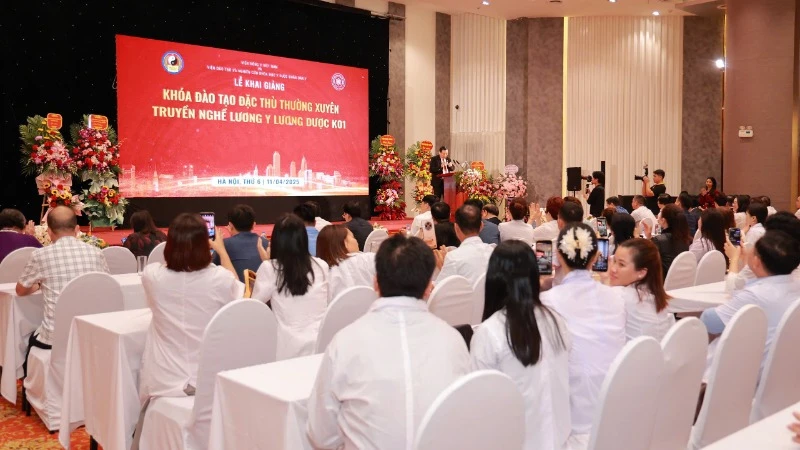


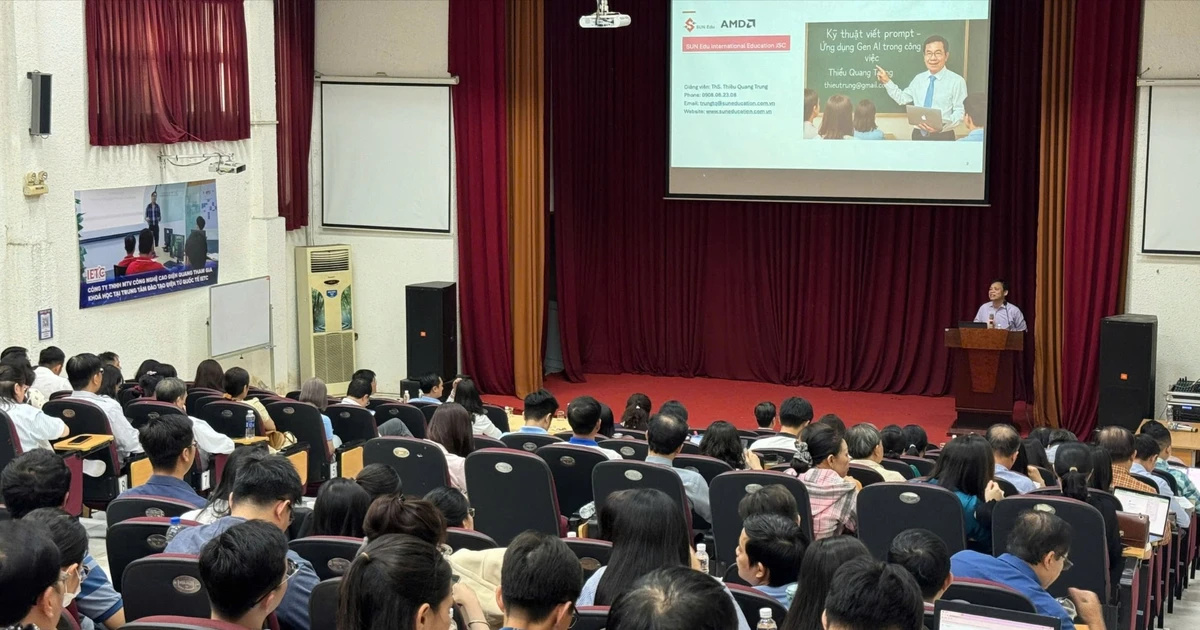
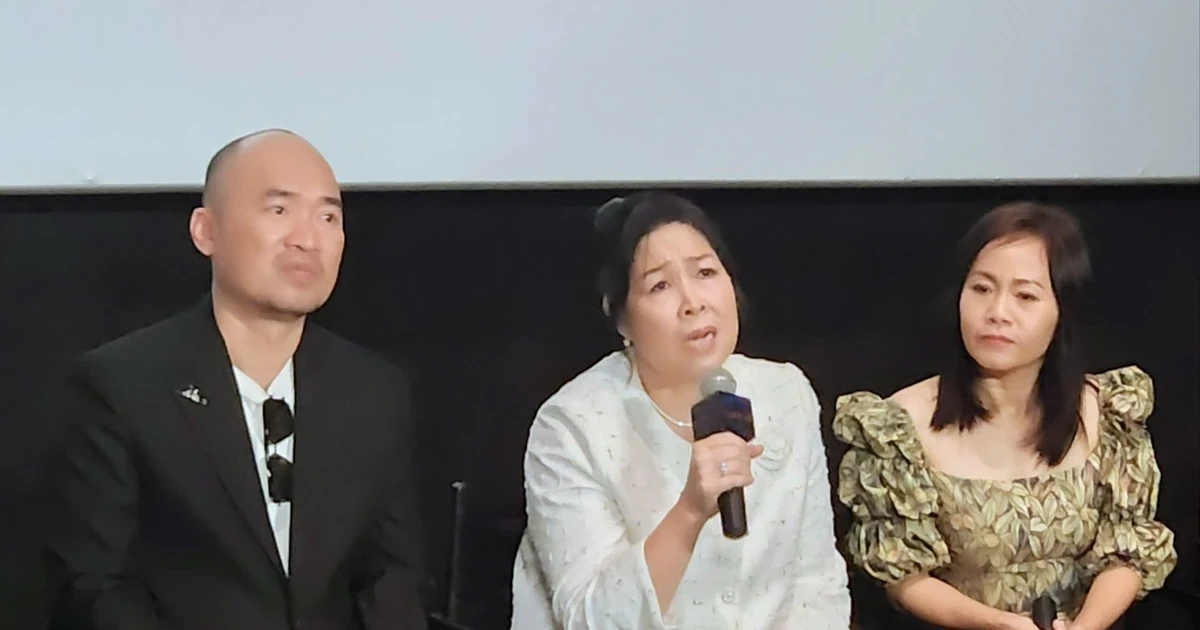





![[Photo] Summary of parade practice in preparation for the April 30th celebration](https://vstatic.vietnam.vn/vietnam/resource/IMAGE/2025/4/11/78cfee0f2cc045b387ff1a4362b5950f)
















































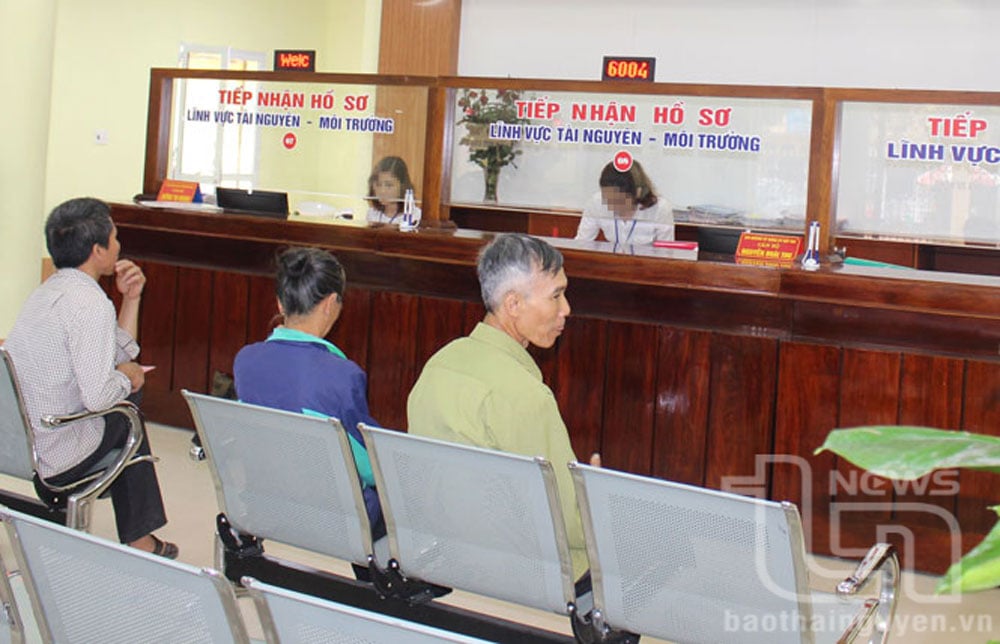

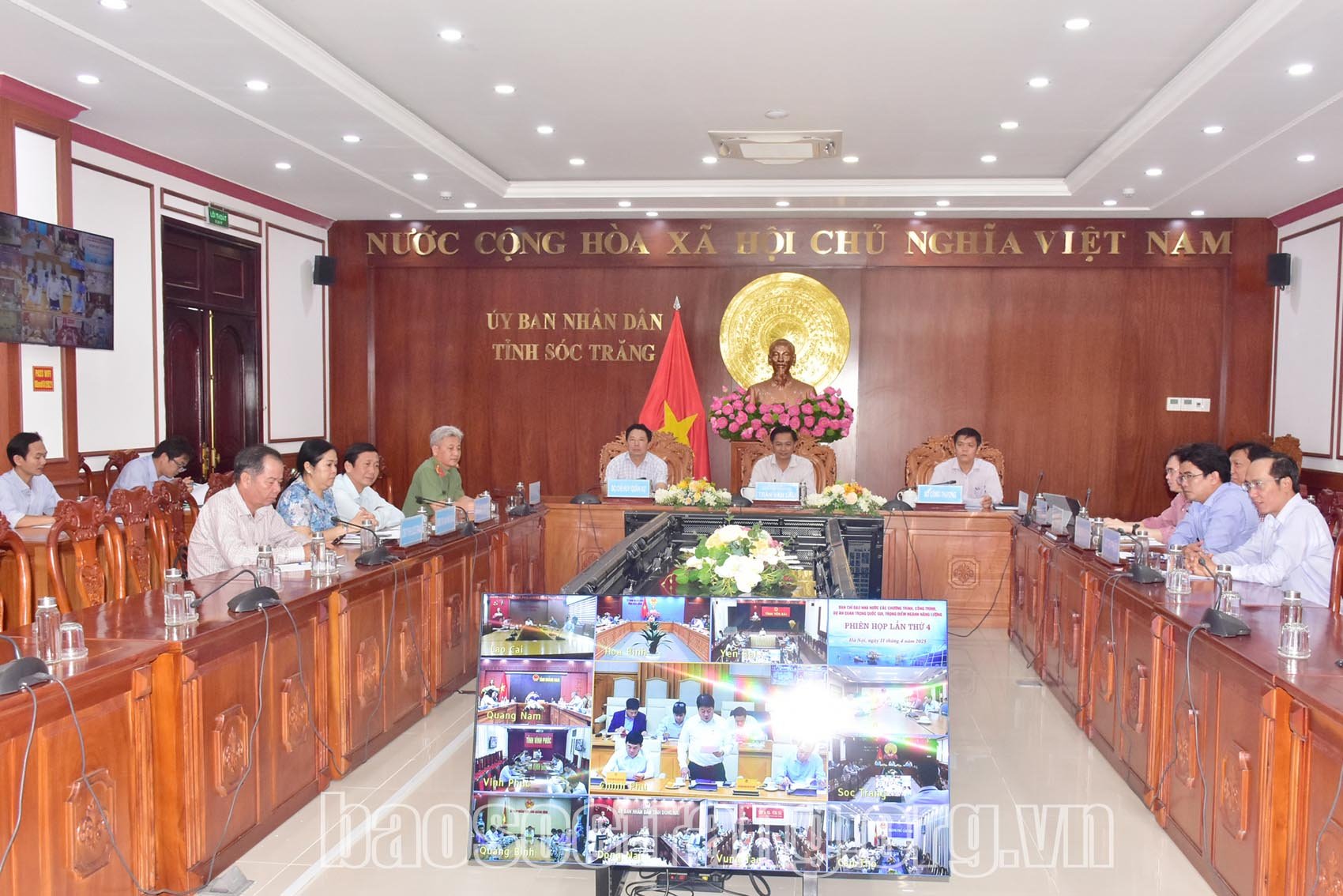










Comment (0)